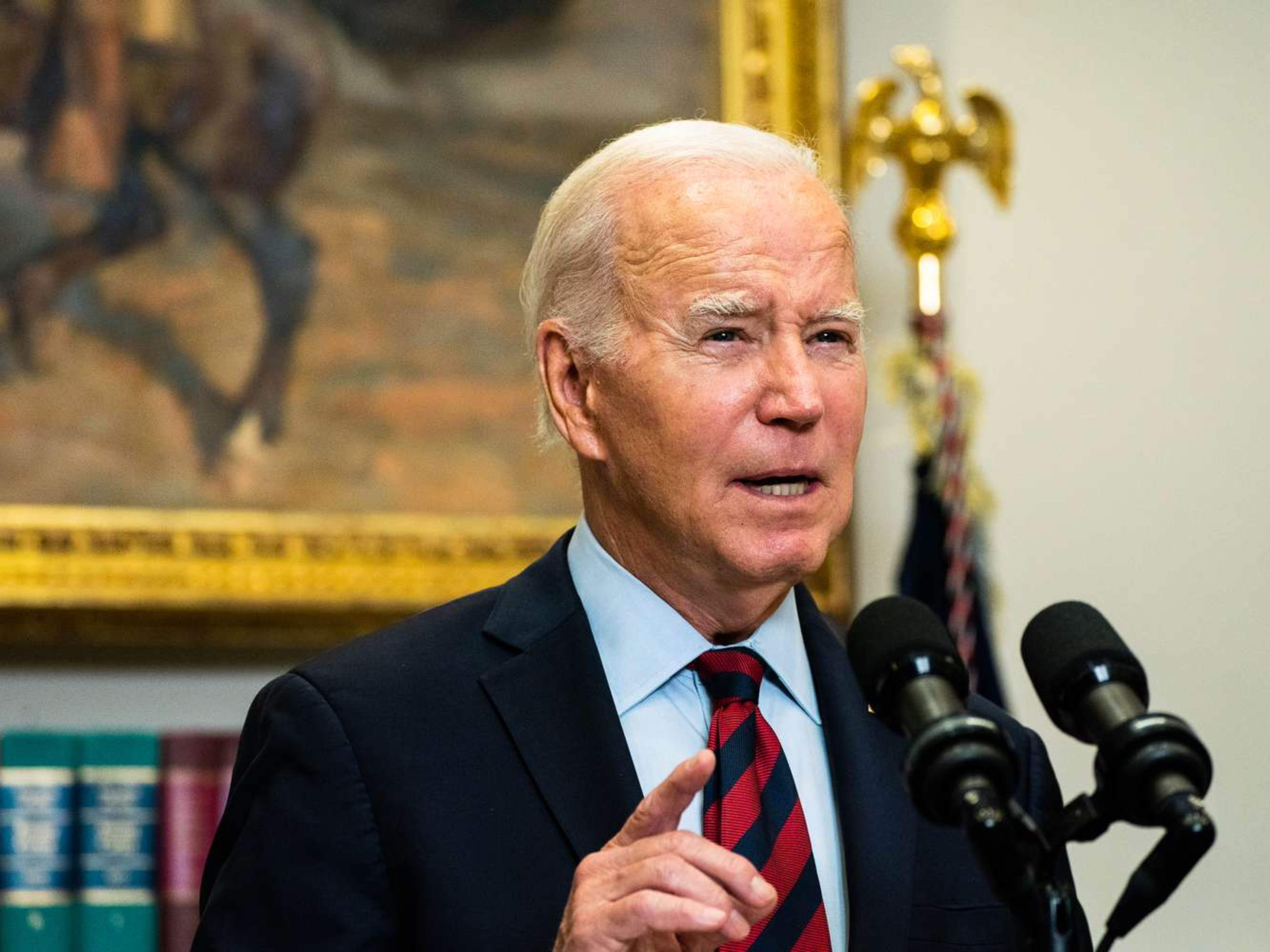Nadra Nittle | Originally published by The 19th
President Joe Biden is slated to announce Wednesday during his fundraising trip to Los Angeles that his administration will cancel another $1.2 billion in student loan debt — this time for about 153,000 borrowers. All of them have been approved for the shortened repayment period benefit under the Saving on a Valuable Education (SAVE) Plan.
These borrowers will start getting emails from the Biden administration as early as Wednesday informing them that they will receive debt forgiveness. They don’t need to take any further action to get their relief. As loan servicers process their forgiveness, they will see their debts discharged from their accounts.
To qualify for the reduced time to forgiveness benefit, borrowers must have signed up for the SAVE Plan, made at least a decade of payments and taken out initial student loan balances of $12,000 or less. The Department of Education noted that for every $1,000 taken out over $12,000, borrowers can obtain relief after an additional year of payments.
“The people getting the debt relief announced today have sacrificed and saved for a decade or more to make their student loan payments, have lower loan balances and are more likely to have qualified for Pell grants to attend college,” said Secretary of Education Miguel Cardona during a call with reporters Tuesday. “Many SAVE forgiveness recipients come from lower- and middle-income backgrounds. Many took out loans to attend community colleges. Some were at higher risk for delinquency and default. That’s why the actions we’re announcing today do matter.”
Borrowers who qualify for the shortened time to forgiveness but who have not signed up for SAVE will be contacted by the Department of Education in the coming weeks about enrolling. At present, 7.5 million borrowers are registered for SAVE, and 4.3 million of them have monthly payments of $0 based on their incomes.
The Biden-Harris administration describes the SAVE Plan as “the most-affordable repayment plan for low-and middle-income borrowers,” noting that it allows many of these individuals to obtain earlier loan forgiveness. All SAVE enrollees will earn forgiveness after 20 or 25 years, as the time frame varies based on whether borrowers have graduate school loans.
The SAVE Plan prevents borrowers from generating the “runaway interest” that saddles them with loan balances bigger than the amounts they took out initially. By July, the Department of Education will activate the SAVE Plan’s other benefits, which will see monthly payments shrink from 10 percent of a borrower’s discretionary income to 5 percent.
The announcement about the shortened repayment period benefit comes as the Biden-Harris administration is scheduled to hold a session this week about proposed regulations to expand the borrower pool eligible for loan forgiveness. In particular, the administration is proposing that borrowers enduring financial hardship be prioritized for loan relief.
Although the Supreme Court blocked the administration’s loan forgiveness plan in June that would have canceled up to $20,000 in debt for all borrowers earning under $125,000 annually, the administration has, to date, approved debt relief for 3.9 million people amounting to roughly $138 billion.
“I’m proud of what we’re doing to fix a broken student loan system, and we’re just getting started,” Cardona said. “We won’t accept a broken system where too many people are locked out of opportunity, where too many default on their student loans each year, where costs make starting and finishing higher education feel impossible. We won’t stop fighting to deliver more relief and open doors of opportunity to more Americans more quickly.”
Borrowers interested in enrolling in the SAVE plan or in learning if they qualify for the program’s shortened time to forgiveness benefit can visit StudentAid.gov/save.

